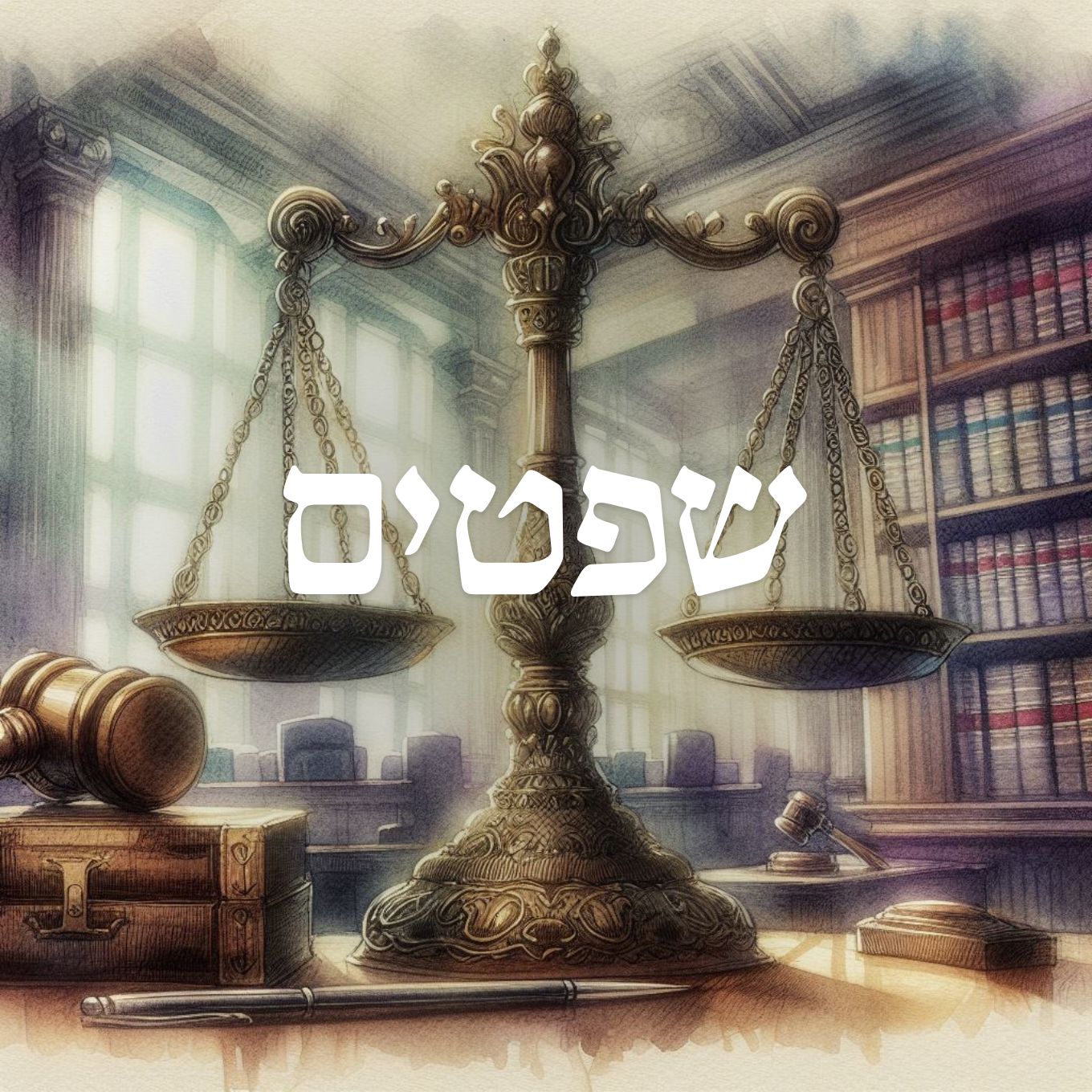Justice with Compassion: Lessons from Parshas Shoftim
Why the Torah repeats “justice” twice, and what it means for leaders, communities, and those who serve
Thank you for subscribing
Thank you for subscribing
Thank you for subscribing


This week’s parsha, Shoftim, opens with the timeless directive:
“Judges and officers shall you appoint in all your gates… and they shall judge the people with righteous judgment” (Devarim 16:18).
The Torah is not merely laying out a legal code. It is teaching us about the foundations of a moral society. A community cannot stand without integrity, justice, and accountability. At the same time, Chassidus emphasizes that judgment must always be suffused with compassion — din tempered by rachamim.
The Sages explain that “judges and officers” exist not only in a formal Beis Din, but also in our personal lives. Every person is called to appoint their own “judges and officers” — internal boundaries that guide our choices and help us stay aligned with Torah values. In moments of temptation, discipline becomes our “officer,” while conscience and Torah study act as our “judges.”
As the Alter Rebbe teaches in Tanya (Iggeres Hakodesh 22), the true judge must examine not only actions but also motives, ensuring that we act with sincerity and a pure heart.
The parsha warns: “Do not take a bribe, for a bribe blinds the eyes of the wise and distorts the words of the righteous” (Devarim 16:19). Bribery need not be monetary. It can take the form of ego, bias, or personal gain. In leadership — whether in a boardroom, a police unit, or a home — self-interest can cloud judgment.
The Lubavitcher Rebbe frequently emphasized that leadership necessitates ongoing self-examination. True justice stems from transparency, humility, and a commitment to serving something greater than oneself.
Perhaps the most famous verse of the parsha is:
“Tzedek, tzedek tirdof — Justice, justice shall you pursue” (Devarim 16:20).
Why the repetition? The commentators explain: one must pursue justice not only in outcome, but also in process. A good goal cannot justify a corrupt path. Both the means and the ends must be righteous.
The Rebbe linked this pursuit of justice with geulah, redemption: when the world aligns itself with Hashem’s truth, we create the conditions for Moshiach.
As chaplains and community leaders, we frequently encounter situations where emotions run high — such as tragedy, crisis, or conflict. In these moments, Shoftim reminds us to lead with fairness but also with empathy. Justice without compassion becomes harsh; compassion without justice becomes permissive. Only when the two work together can healing take place.
For our law enforcement and military communities, this balance is especially vital. The uniform represents justice; the heart beneath it must carry compassion.
Sources
Devarim 16:18–20 – Appointment of judges, officers, and the command to pursue justice.
Rashi on Devarim 16:18 – “In all your gates” means every community must have fair judges.
Sifrei Devarim 144 – On the double phrase “tzedek, tzedek.”
Talmud, Kesubos 105b – The blinding effect of bribery.
Tanya, Iggeres Hakodesh 22 – The role of inner judges and sincerity of motive.
Likkutei Sichos, vol. 24, Shoftim – The Rebbe on justice as a path to redemption.